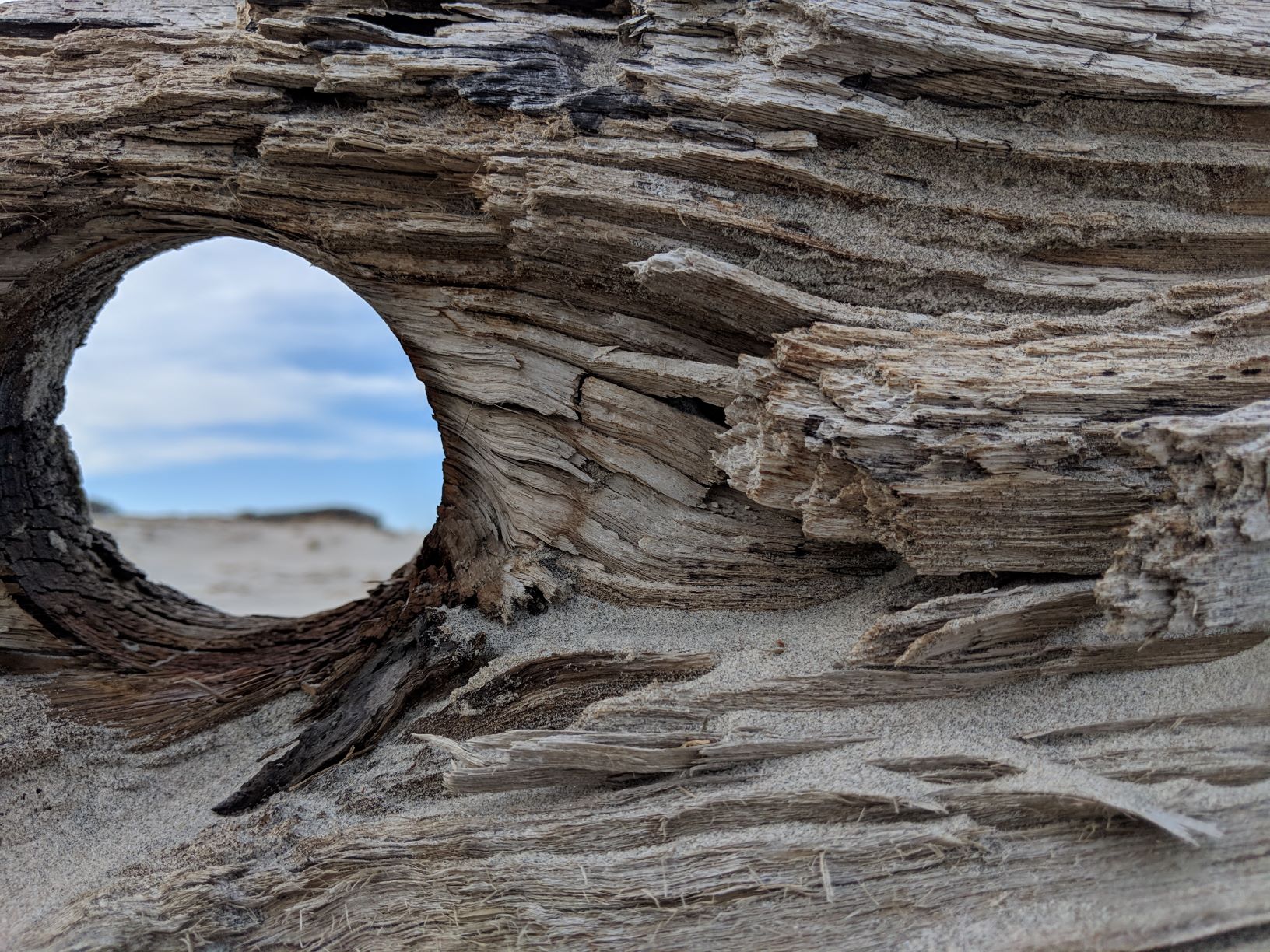
A few summers ago I watched a wasp attack a patch of lichen on our Adirondack chair.
Wasps are fascinatingly creepy as they stalk prey among the flowers, but this one got fooled. It stalked the lichen, then made its attack.
After a moment or two of trying to do something with the lichen, it flew a couple of feet away and then cleaned its legs, classic displacement behavior.
(It was embarrassed.)
The chair was made by a local man. We bought two, the price not cheap, but was more than fair, and he was surprised we opted not to oil them. We like to see things age as much as we do, and, in the local way of acceptance that is under-rated, he nodded and went on his way.
Because we chose not to oil our chairs, they have turned grey and are covered by lichen. They are now over a decade old, and will likely last another 5. With oil, they may have outlived us.

When we need new ones, we’ll seek the same man. We do not need chairs to outlive us. That’s what plastic is for.
Because we chose not to oil them a decade ago, I got to see a wasp explore the lichen, which might not seem like much, but I enjoyed seeing that a wasp could be as easily fooled as a human.
We are all easily fooled–life is foolish, in the best sense of the word.




